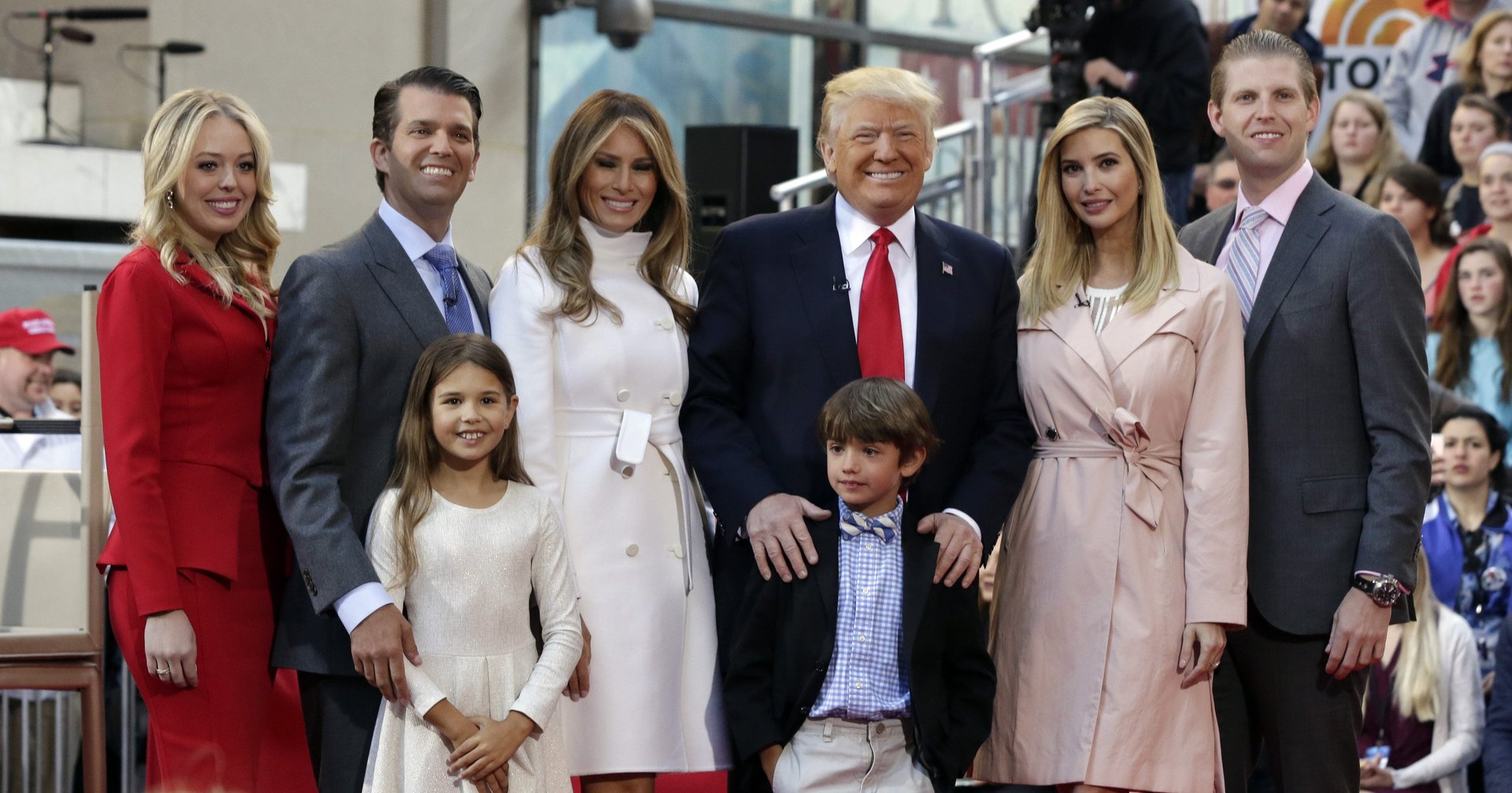We can start taking Trump seriously about ditching his business interests when he does these five things
The grey areas around Donald Trump’s business interests and his potential conflicts of interest as president have been a permanent feature of the US presidential transition period. His empire is just too sprawling, his web of connections too extensive, for him to take himself completely out of the firing line in the short period between election and inauguration.


The grey areas around Donald Trump’s business interests and his potential conflicts of interest as president have been a permanent feature of the US presidential transition period. His empire is just too sprawling, his web of connections too extensive, for him to take himself completely out of the firing line in the short period between election and inauguration.
A better question is whether he can do it over the course of a four-year term.
There’s reason for pessimism about that, starting with his post-election failures to clear up the areas that are blindingly black and white. In the space of just a week, he piled up indiscretions such as discussing US-India policy with Indian business partners, asking a British politician to oppose wind farms near his Scottish golf courses, praising a Turkish business partner during a diplomatic call with Turkish leadership, and much, much, much more.
But today there are signs of hope that Trump is coming to terms with the demands of his new role. The signal, naturally, arrived in a set of tweets.
But to do this, he needs to go way beyond the basic legal and ethical standards prescribed for him—otherwise he won’t just harm the country but these questions will dog his presidency
However, even if Trump has the best of intentions, he will need to go beyond the bare-minimum legal and ethical standards to win over the skeptics.
“We really want to start this administration on a good footing, so that every time he makes a decision, every time he speaks to a foreign leader, every time he has a meeting people are not wondering whether he is putting his interest before the interests of the American people,” says Shruti Shah, vice president of Transparency International, a global anti-corruption NGO .
Here are five things we will need to see to believe that Trump is truly setting aside his personal interests:
Trump must put his assets in a real blind trust, to be run by an independent trustee
- The trustee or trustees cannot be a family relation or current or former business associate.
- The trust must be formed on the basis that it will begin selling his assets—starting with the most politically sensitive ones—and keep the profit on those sales in the trust.
He must provide total transparency about his assets and debts
- This means declaring everything he owns and owes, and releasing, at long last, at least the past five years’ worth of his tax returns.
He must be transparent about who he is meeting, what was discussed, and how it was arranged
- This could well mean unprecedented levels of openness for a head of state, but at any meeting where Trump has even the potential for a conflict of interest, vague minutes should be released outlining the subjects discussed, in the greatest detail possible.
- All meetings with foreign dignitaries should be set up through the US State Department, not via family members or through former or current associates who might be seen as doing the president a personal favor.
- Dignitaries ought to be officially notified that staying in Trump hotels will not curry favor with him.
He must recuse himself from matters that have a clear conflict with his business past
- This should start with anything related to Deutsche Bank, to which he owes hundreds of millions of dollars. The US Justice Department has accused the bank of major irregularities in the sale of mortgage-backed securities before the 2008 financial crisis.
Trump’s children need to step back from the business, too
- This will be tough for a man who has built a family empire, but given the crucial advisory role they play in his day-to-day life, the Trump children can’t be seen to have an inside knowledge of how those decisions could enrich his, or their, business.
- On the plus side, they’ll doubtless find it very easy to get jobs elsewhere. And Trump will no longer have to complain that “if it were up to some people, I would never, ever see my daughter Ivanka again.”
These decisions won’t be easy and will involve doing unprecedented things; then again, Trump comes into the presidency with an unprecedented collection of business entanglements.
Maybe his political ambitions don’t include getting richer in the process; he’s already said he would forgo the customary $400,000 salary paid to US presidents. But until his conflicts-of-interest problem is sufficiently addressed, it would be wise to stay skeptical.